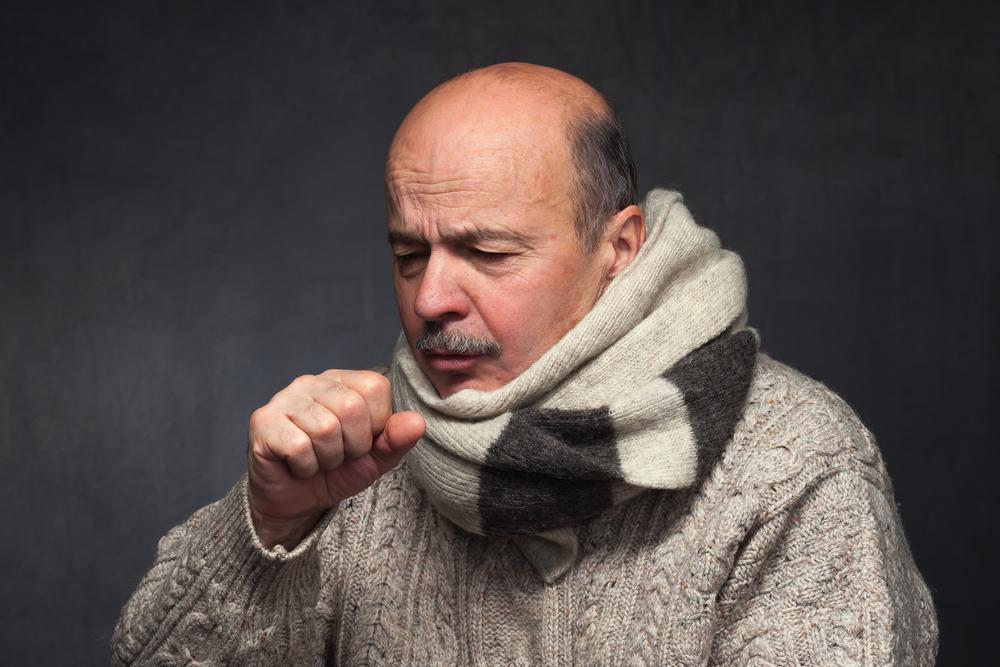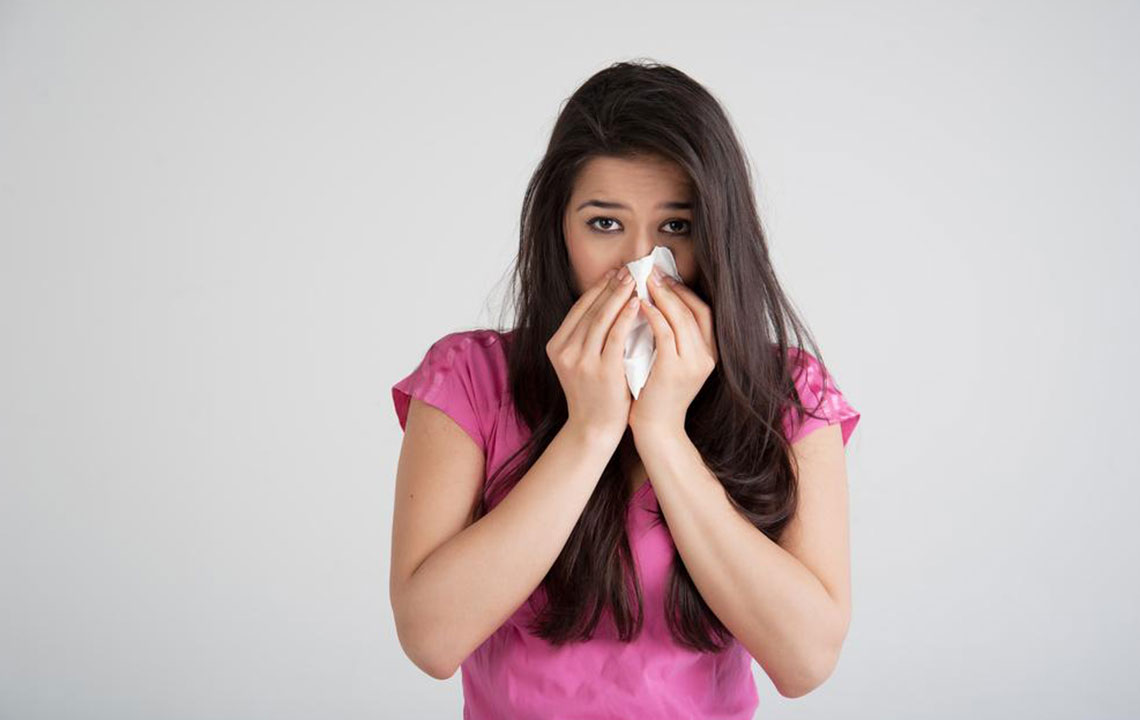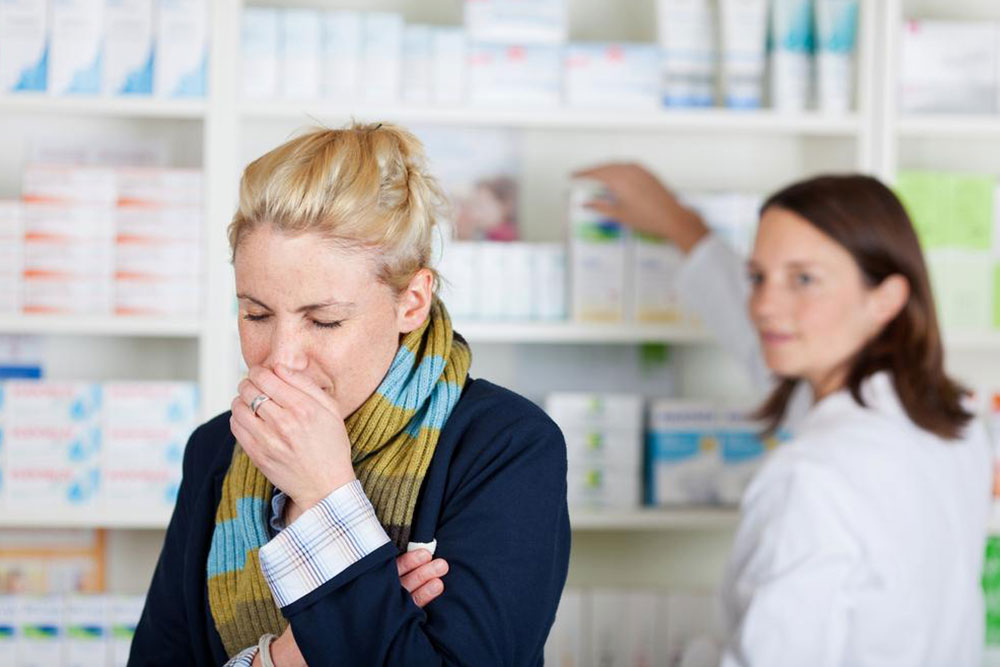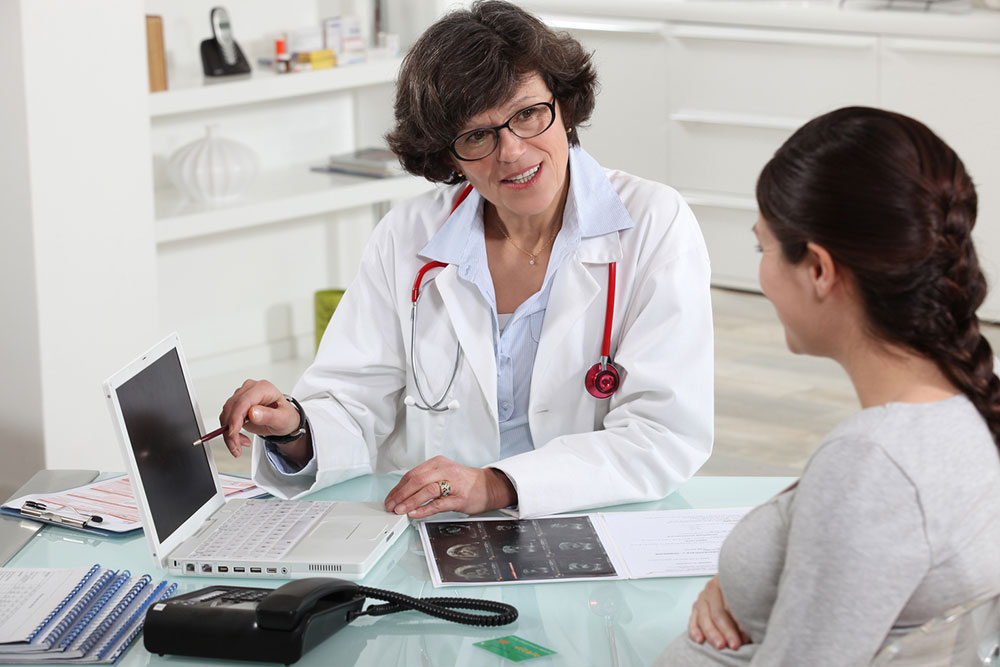Know about the Causes, Symptoms, and Treatments of Pneumonia
Pneumonia is a type of lung infection wherein the airspace of the lungs get inflamed most commonly as a result of an infection caused by viral or bacterial infections or fungi. These most common type of bacteria that causes pneumonia is Streptococcus pneumoniae . A mild fever from a cough and cold that persists in the body for a longer period of time usually tends to result in pneumonia. If the immune system is stronger, it will be able to fight back the infection-causing bacteria as opposed to a weaker system.

Causes of pneumonia
As mentioned above, pneumonia is mainly characterized by an inflammation in the airspace of the lungs that is most commonly caused by a bacterial, viral, or fungal infection, or other reasons. Pneumonia is also caused by prolonged exposure to dust. Depending on the main cause, pneumonia can be classified into four distinct types:
- Bacterial pneumonia
- Viral pneumonia
- Mycoplasma pneumonia
- Other common types of pneumonia
Symptoms of pneumonia
Though pneumonia is considered to be a mild illness, it can be life-threatening too if not checked on time. Few symptoms that can help in identifying pneumonia are as follows:
- A dry cough with mucus is the first sign of chronic lung disease which can lead to the onset of pneumonia.
- One is likely to feel tired or lethargic very often.
- A high fever with shivers for consecutive days even after taking medicines for it.
- Children suffering from short breaths are at high risk of developing the condition.
- An extended dislike for food is also a common symptom.
Other indications of pneumonia include the following:
- Chronic chest pain and uneasy breathing.
- A pale blue discoloration of the fingertips due to the lack of oxygen saturation.
- Difficulties in sleeping and chronic headaches are also major symptoms of pneumonia.
- Spitting blood after extended coughing.
Treatment options for pneumonia
The treatment for pneumonia mainly involves the use of antibiotics. Vaccination also plays an important role in treating bacterial pneumonia and is supposed to be the best form of treatment because, according to many doctors, an overdose of antibiotics may be harmful in many cases especially in the case of children.
A person when initially suspected of pneumonia is prescribed to take several medical tests to make sure whether the diagnosis actually states pneumonia or whether it is mild fever which can be cured easily. Few such tests include the blood test, chest X-rays, sputum test, CT scan, pulse oximetry, etc. depending on the types of symptoms experienced. The treatment of pneumonia basically involves the elimination of the infection-causing bacteria in thelungs and the process of fighting the other approaching health problems associated with the diseases. This can be cured with proper medication and rest but patients suffer from extended tiredness even for a month.
Treatments mainly depend on the type of pneumonia that has affected the patient and also the overall health condition. There are many clinical treatments to cure the disease but home remedies also play a crucial role.
- Drink plenty of water so that it can help the body to be hydrated throughout the antibiotic treatment process because that is the time when the body is in need of extra fluids to function properly.
- Antibiotics for pneumonia show results within 2–4 days, but it is highly recommended for a patient to complete the whole medicine course.
- Complete rest until the body temperature gets normal is also essential.
It is essential to consult your doctor at the earliest if you notice any of the symptoms so as to begin with the treatment process as soon as possible.




